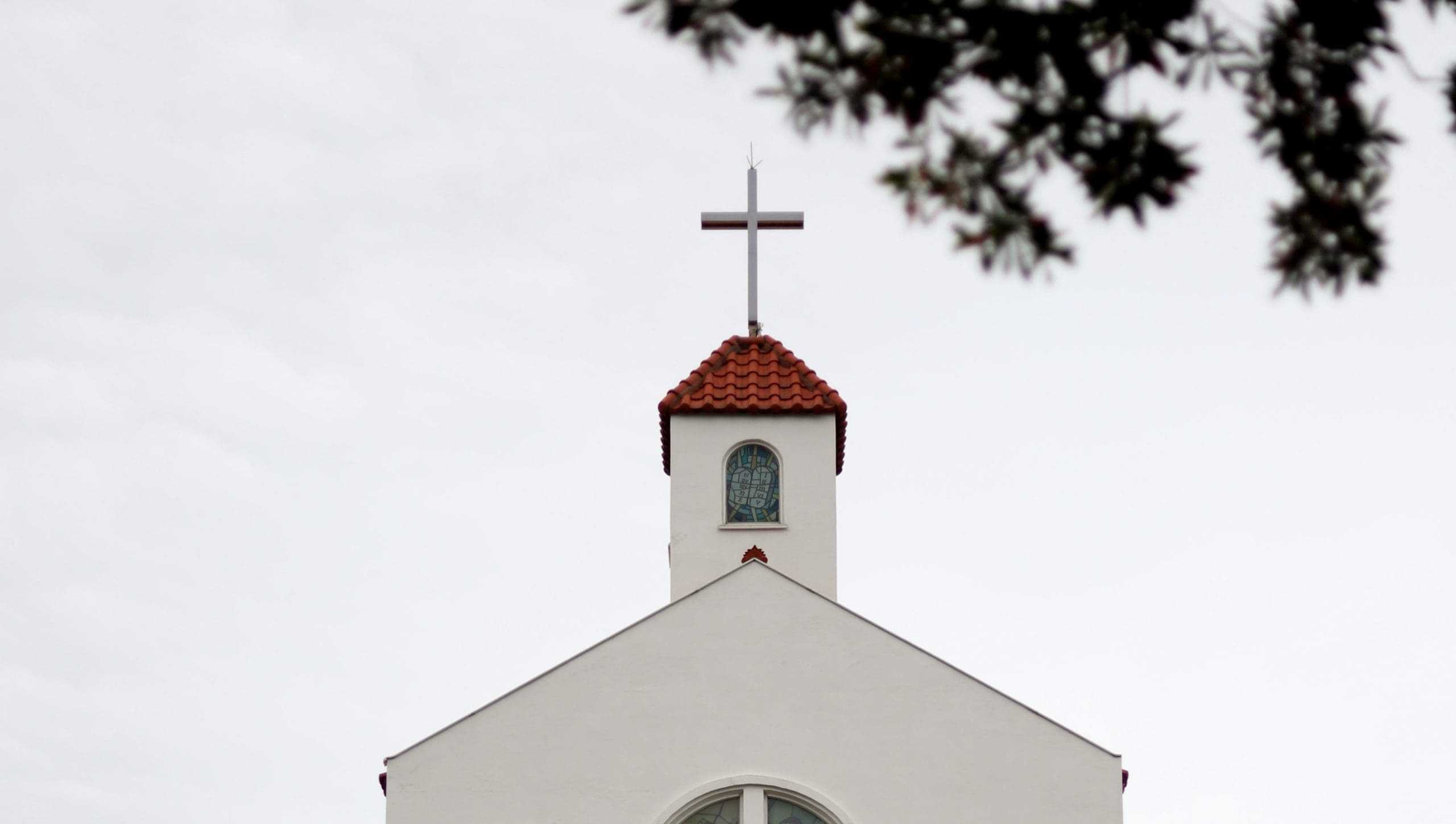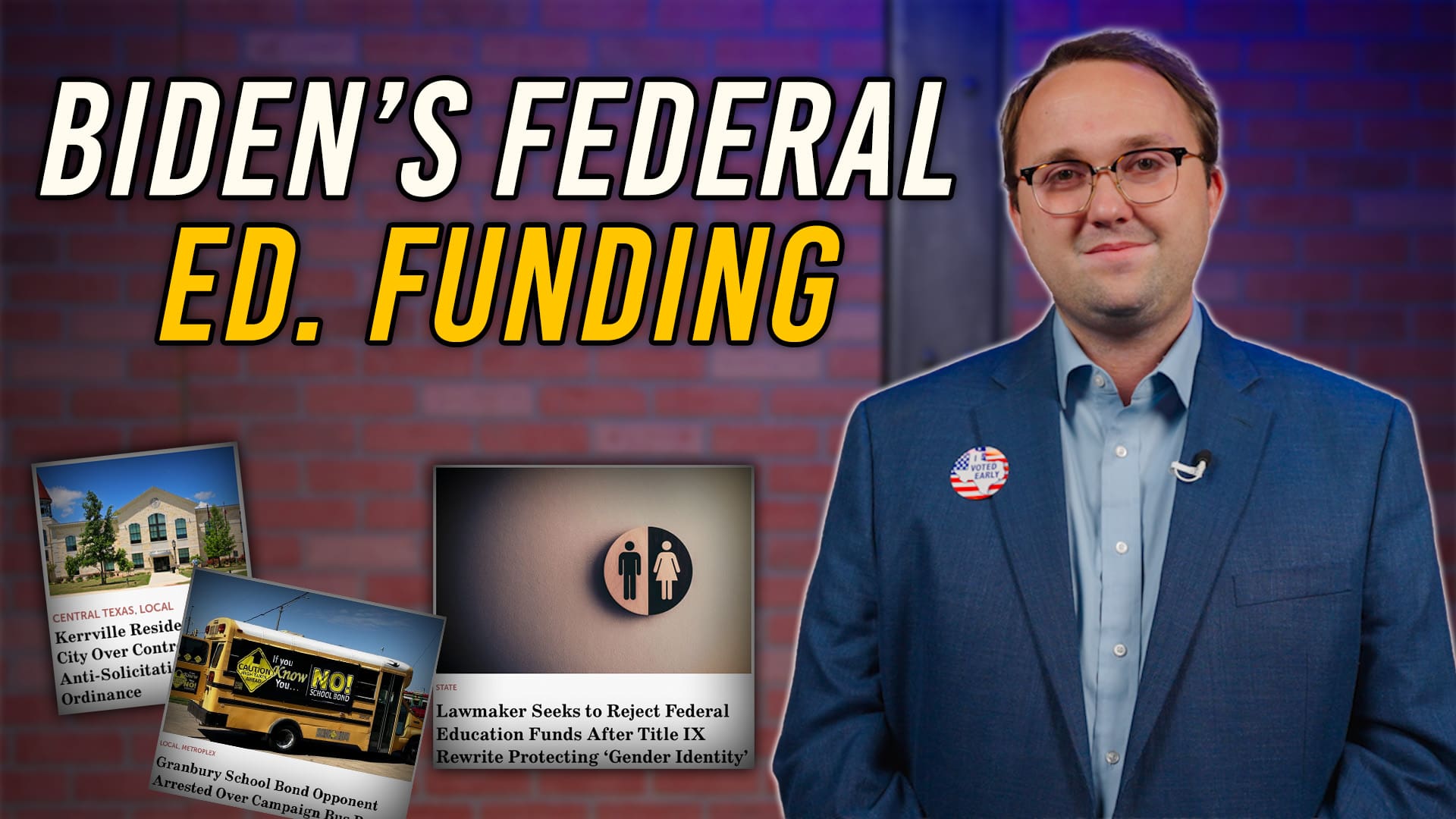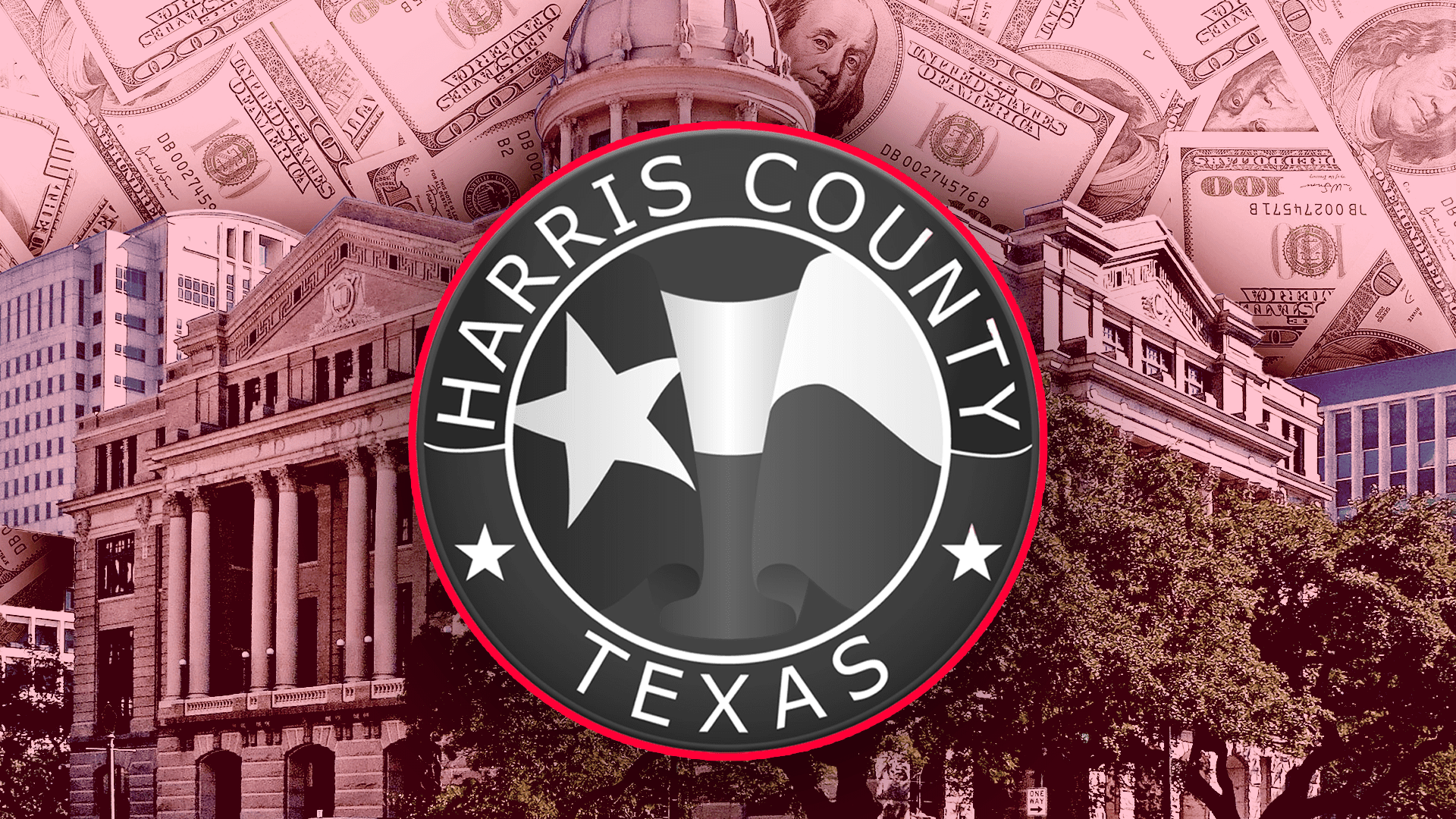AUSTIN — As state representatives considered a proposed law to protect churches from discriminatory forced closures, Democrat State Rep. Rhetta Bowers (Rowlett) objected to safeguarding the “super spreader events.”
On Wednesday, the Texas House of Representatives approved House Bill 525, which would prevent government officials from shutting down churches.
“A governmental entity may not: (1) at any time, including during a declared state of disaster, prohibit a religious organization from engaging in religious and other related activities or continuing to operate in the discharge of the organization’s foundational faith-based mission and purpose,” the proposed law reads, “or (2) during a declared state of disaster order a religious organization to close or otherwise alter the organization’s purposes or activities.”
The issue was exposed over the past year as local and state government officials around the nation tried to padlock churches as part of their livelihood-crippling shutdown orders.
“Following the COVID shutdowns, there’s been a clear case across the United States and in the state of Texas of discrimination against religious organizations,” said the bill’s author, State Rep. Matt Shaheen (R–Plano). “For example, the governor of Washington limited religious gatherings to 25 percent and actually had the audacity to call them ‘super spreader events,’ while allowing secular businesses such as restaurants, professional office buildings, and even pot retailers to remain 100 percent open.”
However, Bowers debated Shaheen on the issue and characterized churches in the same way as Washington’s governor.
“Do you think this bill further restricts the ability for the governor and other presiding officers of governing bodies from properly responding to an imminent public safety threat? Because I do believe these super spreader events are a threat to public safety and to public health,” Bowers said.
“Not at all,” Shaheen replied. “Again, I can give you countless examples of where places of worship were treated differently than restaurants, bars, strip joints, those types of things. So it’s very clear [that there are] actually dozens and dozens of examples where religious organizations were targeted because they were religious organizations, yet several secular entities were allowed to practice without any interference from government.”
Indeed, in previous reports, Texas Scorecard has described this recent issue with Texans such as pastor Cody Haynes, who was threatened with a $1,000 fine and 180 days in jail if he opened his church against government officials’ questionable shutdown orders.
Bowers, however, still contended that officials should have the power to force churches to close.
“We know that in these religious activities, singing goes on; people come into a place of worship broken, so hugging is going on; you might see ‘big momma’ and kiss her on the cheek,” Bowers continued. “So, these places could be considered super spreader events.”
“A city is free to apply ordinances as they are today, they just have to do it equally, so they can’t discriminate against any type of religious institution within their boundaries,” Shaheen replied. “But they can most certainly limit capacity as they do today—fire codes, all those types of items still apply. What this statute does is it prevents discrimination of religious organizations and undue burden placed by the government.”
This week, the Texas House also approved a constitutional amendment to prohibit any government official from shutting down a church.
“Our nation’s declaration clearly states that we are given freedom by God,” Shaheen concluded. “Freedom of religion, freedom to exercise thereof, is in our Constitution’s Bill of Rights, and it’s our job as legislators to protect these rights. House Bill 525 addresses this by designating religious organizations and their activities as essential.”





